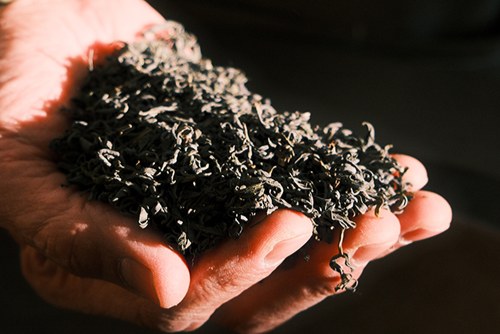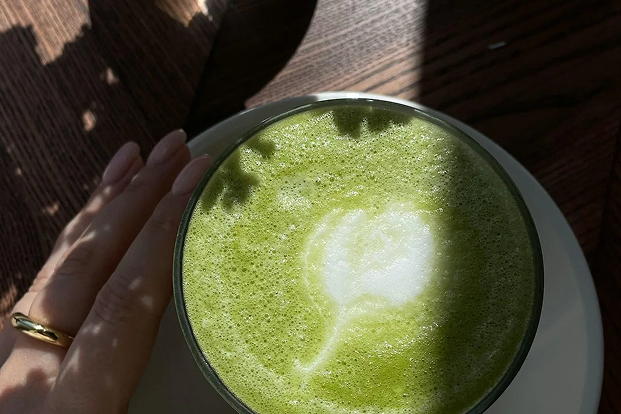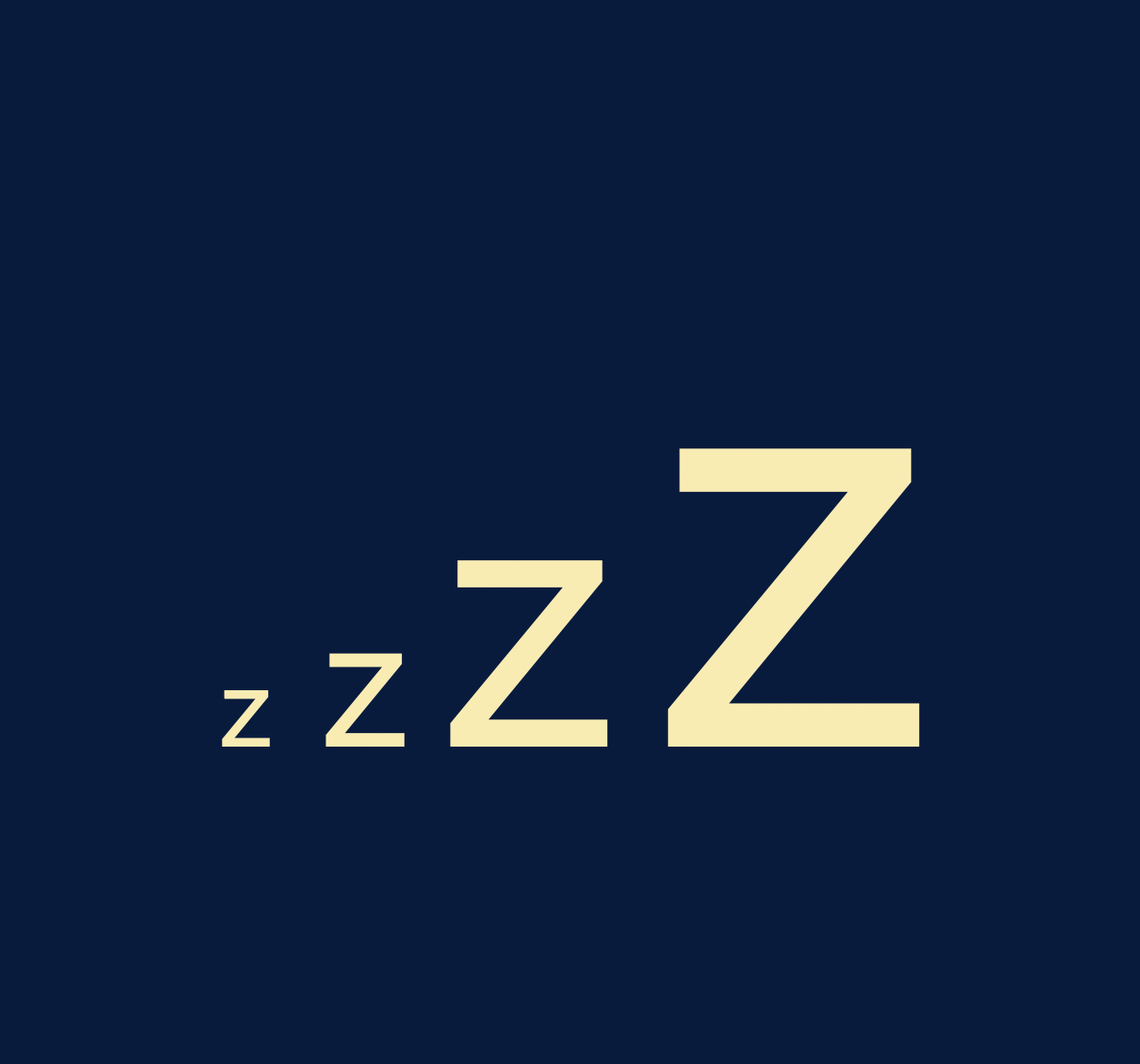We all try to maintain or improve our health primarily through eating right, exercising, taking supplements and, for some of us, drinking green tea. Yet, we often overlook sleep as an important factor in our overall health. Sleep is not only important, it is the foundation of good health. To overlook sleep is like overlooking oxygen. It is so basic and yet it directly and hugely affects all of our major mechanisms including metabolism, heart health, the immune system, brain function and mental health.
Why do we sleep at night?
At some point you may have heard the term circadian rhythm. A circadian rhythm is our body's natural internal clock for regulating sleep and wakefulness. It is based on a 24-hour cycle (from the Latin circa, meaning “around” or “approximately,” and diem, meaning “day”). Circadian rhythms are found in plants and animals as well as humans. For humans, when external factors disrupt our circadian rhythm by disrupting our sleeping and waking times (e.g. pulling all-nighters, jet-lag, etc.), all the other mechanisms in our body begin to malfunction and deteriorate. Sleep is the cornerstone of good health.
As night falls, we feel sleepy because a chemical called adenosine has naturally accumulated in our bodies throughout the day. The more we sleep properly at night, the less adenosine build up we have when we wake up. But how do we sleep well?
Sleep & Sunlight
You’ve probably noticed there are quite a few supplements being sold these days that are meant to help you achieve better sleep. But the most impactful force that properly and positively affects our circadian rhythm is also one that is completely natural. It costs nothing and for most people is available just outside their doors: sunlight. So how does it work?
We wake up in the morning because our adrenal glands release a hormone called cortisol along with another hormone called epinephrine (adrenaline). This happens both in naturally waking up and being woken up. Cortisol is also released at any time when we experience intense stress, but there is a healthy amount that should be released when we first wake up in the morning. When this happens, your body schedules itself to release another hormone that makes you sleepy called melatonin about 12-14 hours later. This cortisol and melatonin release rhythm happens in us constantly no matter what; however, without sunlight at the proper time each day, their release times begin to shift. Why does this matter?
When sunlight reaches our eyes in the morning, our eyes perceive a particular type of light within the sunlight. Our eyes then relay this to the central station of our circadian rhythm, which is located in our brain. This central station is called the suprachiasmatic nucleus (SCN). The SCN communicates to every cell and organ in the body. Sunlight must be communicated to the SCN in order to time the release of cortisol (wakefulness hormone) and melatonin (sleepiness hormone) properly. When this is not done and the release times are not right, a slew of extremely negative effects begin to take place throughout the body: heart problems, metabolic problems, dementia, learning disruptions, depression, and more. Night-time releases of cortisol are strongly connected to depression and anxiety disorders. Early morning releases of cortisol that occur far apart from evening melatonin releases improve all kinds of health aspects like blood pressure, mental health, etc.
What to do
Part I: Within 1 hour of waking up in the morning, step outside for 2 to 20 minutes (or longer, if you have the time) and just look around. If you wake up while it’s still dark outside for the next hour, just make sure to do it some time in the morning when the sun is still low. Keep in mind that for this purpose, getting sunlight through a window is dramatically less effective than getting it directly. The length of time, 2 to 20+ minutes, depends on how bright a day it is (i.e. the brighter it is, the less time you need). Just wake up, put away your cell phone and sunglasses, and step outside— or better yet, take a nice walk! Even a cloudy morning will provide enough sunlight for this, though you should stay out a little longer on such mornings.
Part II: Do this again around sunset.
After just a few days, you should start noticing an improvement in your sleep quality and schedule, as long as there isn’t some particular disruption.
Anything else?
Indoor Lights
A study by a biologist at John’s Hopkins shows that most light to the eyes between 11pm and 4am suppresses the release of dopamine, which is the chemical in your brain that is associated with pleasure. This inhibits learning and triggers many detrimental mood effects. Switch out your bright overhead lights at night, and opt for dimmer red-based lights that are kept low to the ground. Try to stop looking at all devices starting about an hour before bedtime, as they emit blue light, which is disruptive to sleep at night.
Eating & Exercise
Our circadian rhythm dictates that every organ has its own peak function time throughout the day. Eating within an 8 to 11 hour period during daylight hours, and avoiding erratic or late night eating has been shown to vastly improve our metabolism, heart health, gut health, immune system, and even mental health. Likewise, our muscles are at optimum time for activity in the late afternoon (although the best time to exercise can be different for each person). Even if we don’t engage in particularly vigorous exercise or drastically change our diet, when we simply exercise and eat normally during the prime “circadian” hours, and avoid these activities at night when we are winding down for sleep, we get the most out of them.
Temperature
We all have different temperature preferences, but studies show the optimum temperature for proper sleep is around 60-67 degree Fahrenheit for adults (up to 69 degrees for babies). This might be too cold for many people, so just make sure the room is slightly on the cooler side even if you normally prefer being in a warmer room while awake. When it's too warm, your body struggles to regulate its temperature which results in fatigue. A higher core temperature has shown to result in decreased restorative sleep, and is associated with having a harder time falling back asleep if you do wake up in the middle of the night. Also, while you are in REM sleep (deep sleep), your body stops regulating its temperature, so excessively high temperatures seem to shorten the REM sleep period. This means you get less deep rest which is when recovery and healing of all mechanisms take place in the body.
Caffeine
Everyone’s sensitivity to caffeine is different, but coffee and energy drinks can make some people jittery or experience “crashes” as the caffeine wears off. However, the caffeine molecules in green tea release more gradually, which help you to stay alert for a sustained period of time without experiencing the sudden crash or anxiety caused by regular caffeine. At the same time, a compound called L-theanine simultaneously keeps you calm and free of anxiety by inducing alpha-waves in your brain, which are normally achieved through deep meditation. While various studies show that caffeine can stay in your system for up to 12 hours, its effects on sleep as well as other impacts on the body are very different from person to person. Get to know your own personal sensitivity to caffeine so that you can manage what time and how much caffeine intake works best for you without disrupting your sleep at night.
Supplements
While everyone has different needs, you might consider using sleep supplements only as a last resort. It’s hard to know exactly what long-term effects a given supplement or drug will have on our individual bodies. Why not try some of the suggestions in this post first?
Quieting the Mind
Instead of just plopping down and waiting for your thoughts to stop running, a wind-down period right before bedtime can help you fall asleep by quieting your mind. Consider the activities that make you sleepy in general, like reading (or reading a particular book you find boring or calming), listening to a story or podcast, or meditating. If you opt for listening to something, make sure your device is kept at a distance and the screen is turned off in order to ensure no blue light reaches your eyes.
Sleep is the key to our health as a whole. Proper sleep is best achieved through supporting our natural inner clocks with natural outdoor sunlight. It seems that good health, like all good things, begins with the basics. And the basics are almost always found through time spent in nature. This is the very principle on which Wild Orchard teas have been grown, the reason they were kept protected and entrusted to nature for 20 years before being introduced to the world. But what does green tea have to do with health and sleep? Simply put, it is a natural, centuries-old source of powerful, calming properties like caffeine balanced by l-theanine and EGCG. This combination helps you to stay focused yet calm and anxiety-free throughout the day, and helps the caffeine to wear off gradually so that you can experience a smooth transition into readiness for a good night’s sleep. More on how green tea can support our mental & physical health in future posts!
References
https://hubermanlab.com/master-your-sleep-and-be-more-alert-when-awake/
https://www.cell.com/cell-reports/fulltext/S2211-1247(14)00044-8
https://hub.jhu.edu/2012/11/14/light-exposure-depression/
https://www.science.org/content/article/timing-everything-us-trio-earns-nobel-work-body-s-biological-clock
https://www.nobelprize.org/prizes/medicine/2017/press-release/
https://www.sleepfoundation.org/circadian-rhythm







Leave a comment
This site is protected by hCaptcha and the hCaptcha Privacy Policy and Terms of Service apply.